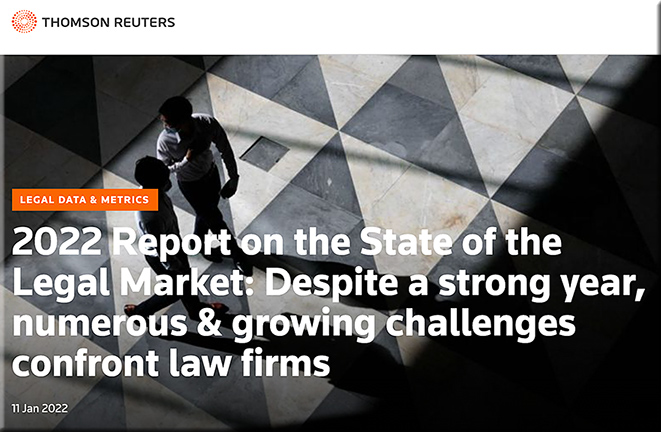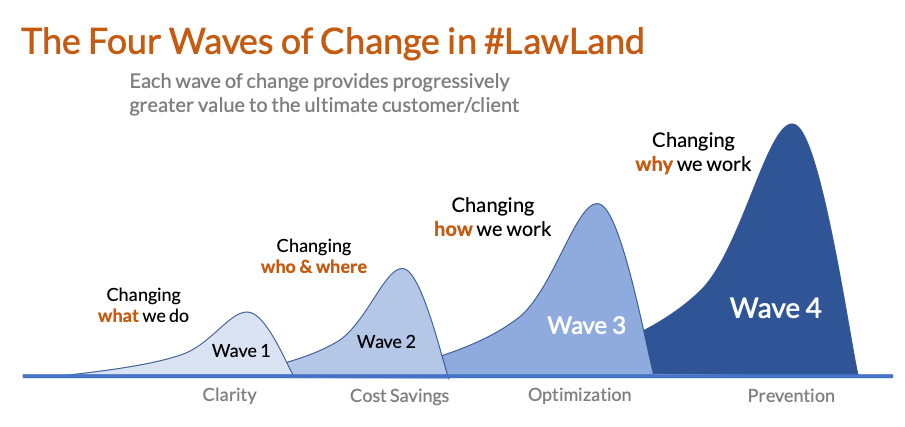From DSC:
Below are some items that offer potential future scenarios, predictions, trends, forecasts. and upcoming lawsuits for 2022. These resources provide some interesting fodder for reflection.
10 Forecasts For The Near Future Of Tech & Life As We Know It — from digest.scottbelsky.com by Scott Belsky
The next generation of top talent will have “Polygamous Careers,” transforming the corporate world as we know it. The traditional job market, tax forms, college, and healthcare are all geared for an old world that fails to engage our modern brains…
…
The rise of immersive experiences will mainstream 3D creation. All this metaverse hype will fall completely flat unless such experiences are filled with rich, engaging, 3D, interactive, and personalized content. 3D content creation will become 100x more accessible.
Here’s our cheat sheet for 2022’s tech lawsuits — from protocol.com by Ben Brody
Your guide to a bunch of the Google antitrust cases, where the FTC is with Facebook, what could happen next with Sec. 230 and more.
How fifth graders see the world in 20 years — from hechingerreport.org by Lillian Mongeau, Christina Samuels, Kathryn Palmer, and Chelsea Sheasley
Flying cars, houses on Mars — and hopefully no more Covid or racism
7 higher education trends to watch in 2022 — from highereddive.com by Jeremy Bauer-Wolf
Politics bleeding into college operations, new regulatory action, continued expansion of online ed and more are stories we’ll be following in 2022.
Can ed tech providers build on their momentum?
The last two years have been a massive boon to MOOC platforms. The number of people registered on Coursera, one of the most well-known MOOC providers, swelled to around 92 million in September, up from 77 million in 2020 and 46 million the prior year. Likewise, demand for competitor Udemy surged during the pandemic.
6 Essential educational trends to look out for in 2022 — from blog.neolms.com by Andreea Mihaly
5 gaming trends to watch in 2022 — from protocol.com
What comes next for enterprise tech in 2022 — from protocol.com
After a period of great disruption and rapid modernization, 2022 will be a year during which enterprise companies take a breath and a closer look at the software and cloud services they snapped up like holiday season COVID-19 tests over the last two years. The products and trends that survive that scrutiny will set the priorities for the rest of the decade.
The tech IPOs to watch in 2022 — from protocol.com by Biz Carson and Michelle Ma
Some have filed. Some have hired the right people. And some are just on investors’ wishlists.
The bigger-picture view of the industry is that gaming is on the precipice of major shake-ups to its core business and distribution models, as well as shifts many years in the making around game monetization and developer work culture.
Bitcoin could reach $100,000—and other predictions for 2022 — from fortune.com by Joanna Ossinger
“The race is on to be the app store for crypto,” said Philip Gradwell, chief economist at Chainalysis, in an email. “A major lesson of Web 2.0 was that consumers love platforms, and I don’t think that is going to change for Web 3.0. Currently there is no crypto platform that owns the customer relationship and aggregates suppliers. I predict that in 2022, many companies will race to build this platform…”
AWS will buy a SaaS company, and other 2022 enterprise predictions — from techcrunch.com by Ron Miller
______________
Addendum on 1/7/22:











